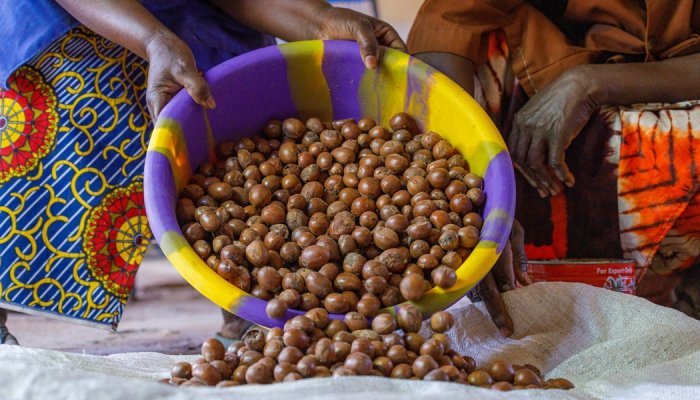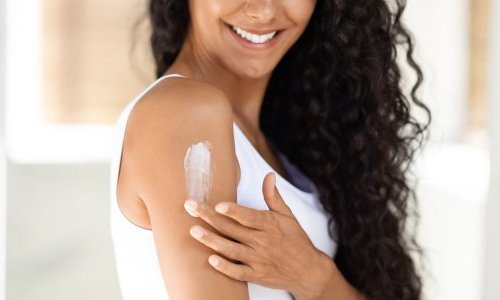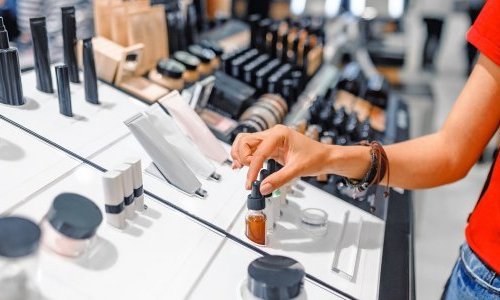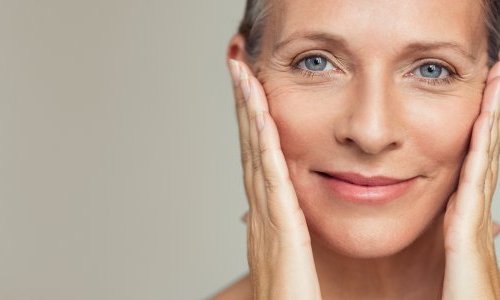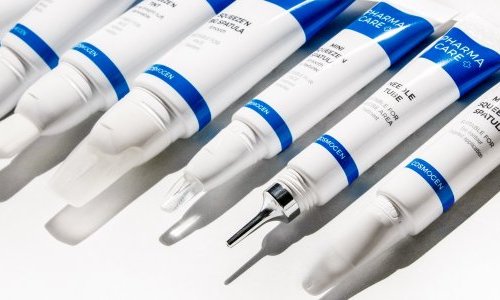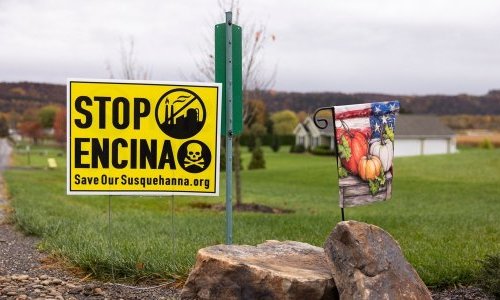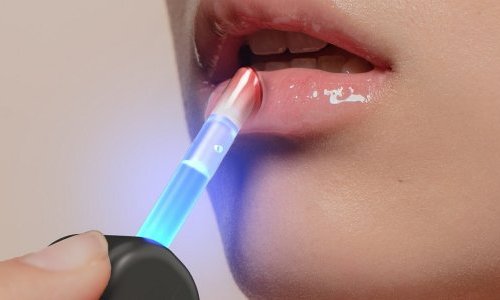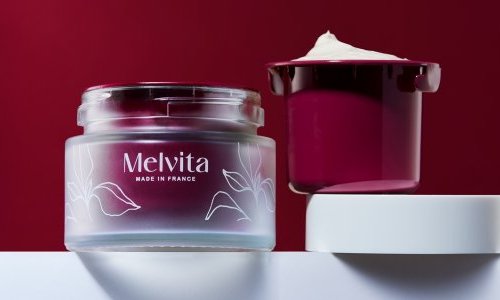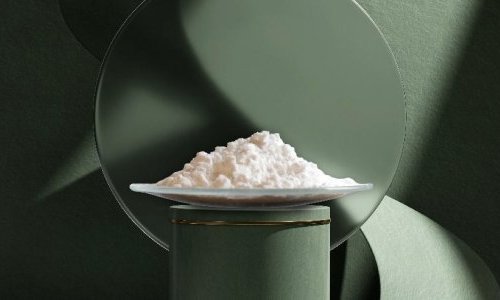According to the Global Shea Alliance (GSA), 16 million African women living in the region from Senegal to South Sudan live or survive on its harvest — mainly in rural areas. Mali is one of the world’s leading producers along with Nigeria and Burkina Faso.
Strong growth in demand
Demand for the product – used in the production of food (85%) and cosmetic products – has exploded in recent years, driven by consumers in developed countries who increasingly want to buy products presented as organic and natural. According to Transparency Market Research, the global shea butter market could reach USD 3.5 billion in 2028. The United States, The Netherlands, Denmark and France are among the top shea butter importers.
While the cosmetics industry only represents a small fraction of the global shea butter market, it is a key ingredient for the sector, which plays a major role in increasing the global demand. The fatty acids present in shea butter are used as opacifying agents and surfactants . Shea butter is also used as emollient in various cosmetic products, due to its smoothening properties for dry skin. Beyond skin, body and hair care products, shea butter is increasingly used in colour cosmetics.
Women’s business
Mainly harvested by women, shea nuts play an important role in the economic development of African rural communities. However, the sector needs to structure itself to take better advantage of the windfall constituted by the resource.
In the cooperative of women producers of shea butter at the rural community of Siby (COOPROKASI), near Bamako, Mali, the organization of work has become more professional since its set up in 2003. There are nearly 1,000 women working there. Permanent salaries earn them the equivalent of minimum wage each month, or around 45,000 CFA francs (70 euros). There are also temporary workers who are paid by the task.
"One of the advantages of the cooperative is that it has allowed women to have jobs" over all seasons, when their activity was previously limited to the rainy season, said Filfing Koumare, the cooperative’s sales manager.
Once the nuts have been harvested, women at the cooperative peel them to extract the kernel. This is then crushed, washed and dried several times before being cooked in a pot to produce a dark liquid, which is filtered and cleared of impurities, resulting in the final oil, shea butter, which is used for making soaps and creams and sold in the village, the capital Bamako and to clients around the world, according to Kamissoko Kinimba Niara, accountant for the cooperative.
"When women make their sales, they get an income that allows them a bit of financial autonomy," said Assitan Kone Camara, president of the cooperative. "But one of the difficulties is the lack of support and the lack of means," she added.
For Daouda Keita, mayor of the town, "It is crucial to support this structure in order to modernise it." Managers are demanding training and financial support, particularly for sales and marketing.

